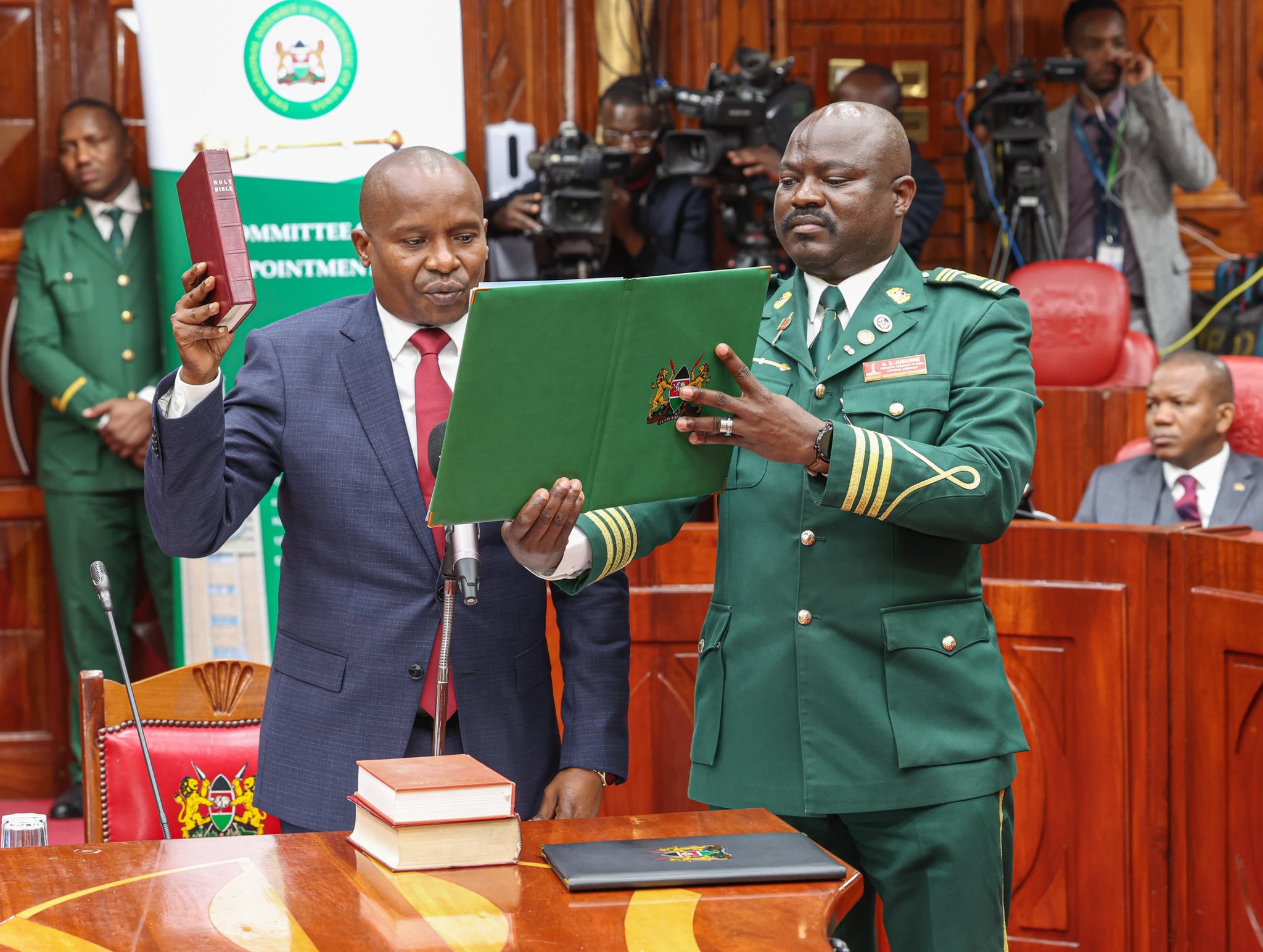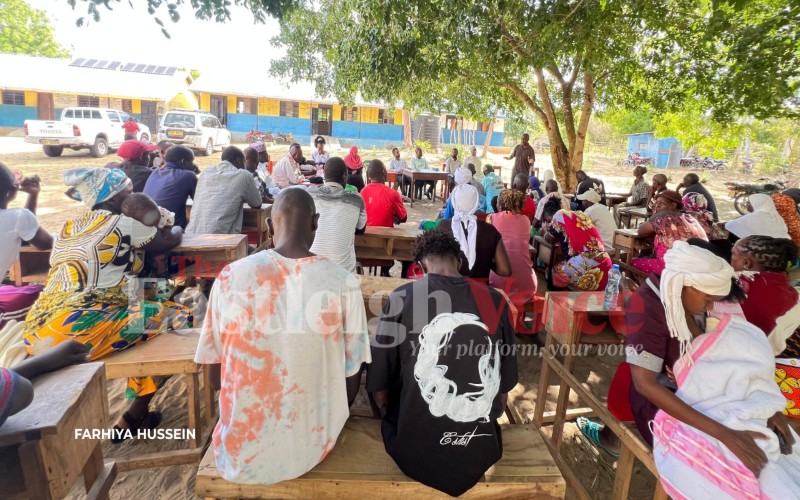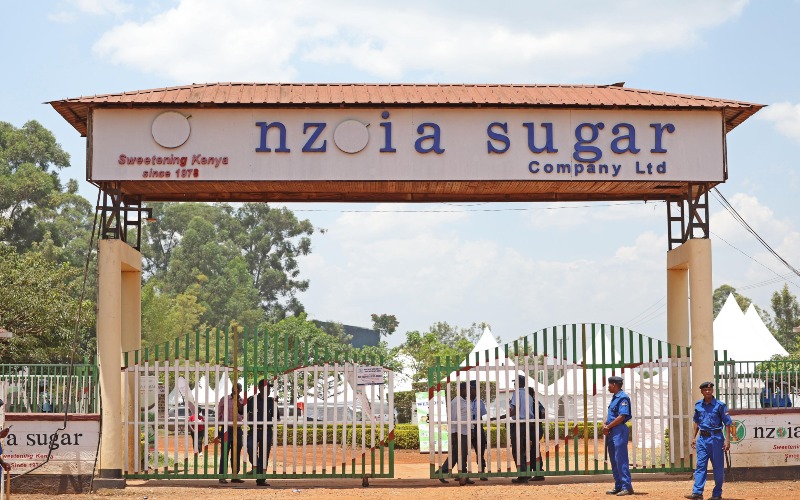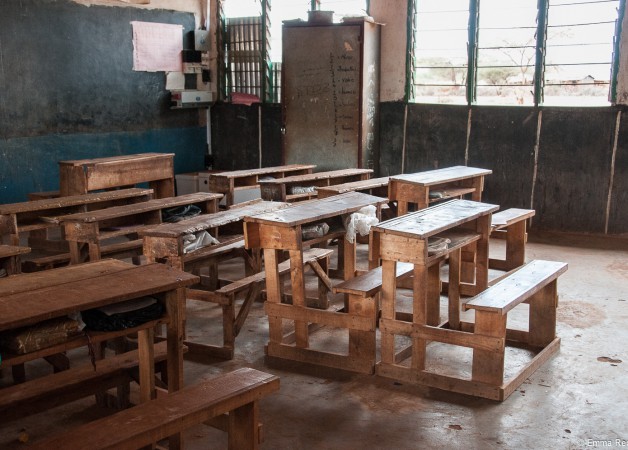Funding delays slows down eradication of bandits in North Rift
![Funding delays slows down eradication of bandits in North Rift - An armed herdsman watches over his cattle in Turkana, northwestern Kenya. [Photo: GIRIN]](https://publish.eastleighvoice.co.ke/mugera_lock/uploads/2024/09/North-Rift-1-1.jpg)
A new report on the ongoing operation to wipe out banditry and cattle rustling in six counties of the North Rift region has exposed a huge funding deficiency that has in part played a role in the operation not achieving significant success since it officially started last year.
The report tabled in Parliament sought to identify the challenges the operation is facing in stabilising the area and identified key technical gaps requiring funding.
More To Read
- Murkomen warns politicians against deploying supporters to by-election tallying centres
- North Eastern Commissioner urges multi-sectoral cooperation to bolster regional security
- Senate Bill proposes five-year jail term, Sh2 million fine for livestock thieves
- Turkana eyes stronger peace push as EU-backed project targets conflict, climate threats
- NCIC warns of criminal gangs using social media to recruit, mobilise
- Report links corrupt officials to rising criminal networks in Kenya
It noted that there was a shortage of police vehicles in 43 stations, fuel, and there was a lack of aerial support for rapid response. Also, insufficient budgetary allocation and a shortage of security personnel were leading impediments to the progress of the ongoing operation.
This is besides a constant lack of political goodwill, with some politicians having been in the past questioned for obstructing operations.
“The situation is exacerbated by the inadequate number of security personnel and the scarcity of essential resources, including vehicles and logistical support, which severely limit the operational capacity of security forces,” the report said in its findings.
It added that the shortage of specialised vehicles such as MRAPs (mine-resistant ambush-protected vehicles) and APCs (anti-personnel carriers) and logistical support, “severely limits the operational capacity of the security force”.
The inquiry conducted over nine months from August last year to April this year noted that only one Kenya Defence Forces helicopter is provided for use in the operation, but it’s not always available due to prior commitments.
This has, however, partly been catered to with the confirmation that the police air wing has been reverted to the service.
During his vetting two weeks ago, Interior Cabinet Secretary Kithure Kindiki said additional gunship helicopters would be bought in the next financial year to help in the fight against banditry and other crimes. He said some of the police aircraft that are currently operational are being used for surveillance.
Kindiki’s sentiments were echoed by Inspector General of Police nominee Douglas Kanja during his vetting last week.
A lack of funding to establish administrative units in areas that were prone to insecurity, forcing chiefs to be relocated, is yet to be looked into, leaving some areas with non-operational administrative units, a factor that can be mitigated through the provision of additional vehicles, which are also limited in number.
In Samburu West, for example, the report cited increased calls for the establishment of additional divisions to bolster government presence and improve responsiveness to local needs.
 Interior Cabinet Secretary, Prof. Kithure Kindiki, takes the oath before the Committee on Appointment at the County Hall, Mini-Chamber on August 1, 2028. (Photo: Kithure Kindiki)
Interior Cabinet Secretary, Prof. Kithure Kindiki, takes the oath before the Committee on Appointment at the County Hall, Mini-Chamber on August 1, 2028. (Photo: Kithure Kindiki)
The same need was expressed in Turkana, where it was noted that the establishment of the Suguta sub-county was progressing slowly and that there were discrepancies in administrative boundaries between Turkana and Pokot counties, a situation that was worsened by the lack of paved roads from Chemolingot to Lokori.
The Turkana county commissioner is cited as having called for sufficient modern equipment for police units.
“Bandits in remote areas such as Nadome and Napeitom are difficult to access with conventional police equipment. Local police units in Lomelo and Lokori suffer from outdated equipment and peace declarations are often disregarded due to the limited authority and resources of ceasefire monitoring committees,” the report noted
Shortage of fuel for security vehicles and a shortage of vehicles for assistant county commissioners and delays in medical evacuations were other issues cited in the report.
In West Pokot, the county commissioner cited insufficient budgetary allocation and shortage of security personnel as major hindrance factors.
In Kerio Valley, challenges included limited resources and funding for security operations in remote areas were factors that collectively exacerbated the security situation.
In general, the report noted that security forces in the region cannot operate effectively due to a lack of manpower, often getting outnumbered by bandits.
“They also lack appropriate equipment, fuel, and food rations and are demoralised by unpaid allowances. The lack of adequate serviceable MRAPs and APCs in the North Rift has tremendously undermined the efficiency of the multi-agency operation,” the report said.
President William Ruto had last year vowed to end the banditry and cattle rustling challenge once and for all and open up the region to economic opportunities. However, the gaps occasioned by the financial challenges may drag the operation longer than it was initially planned.
Operation Komesha Uhalifu, led by the Commissioner of Police Joseph Limo, began in September 2022 following the killing of a chief, two civilians and eight police officers by bandits in Turkana East.
In February last year, it morphed into Operation Maliza Uhalifu which sought to deploy a long-term strategy to end banditry and cattle rustling under a National Shared Security Strategy for Enduring Peace and Security in the region that would rope in members of the Kenya Defence Forces to assist the police operations.
The government said Sh2 billion would be allocated to the operation to achieve a sustainable impact that will also include roads and school construction but, so far, only a fraction of the kitty has been allocated, forcing the deployed unit to stretch its limited available resources.
Top Stories Today











































